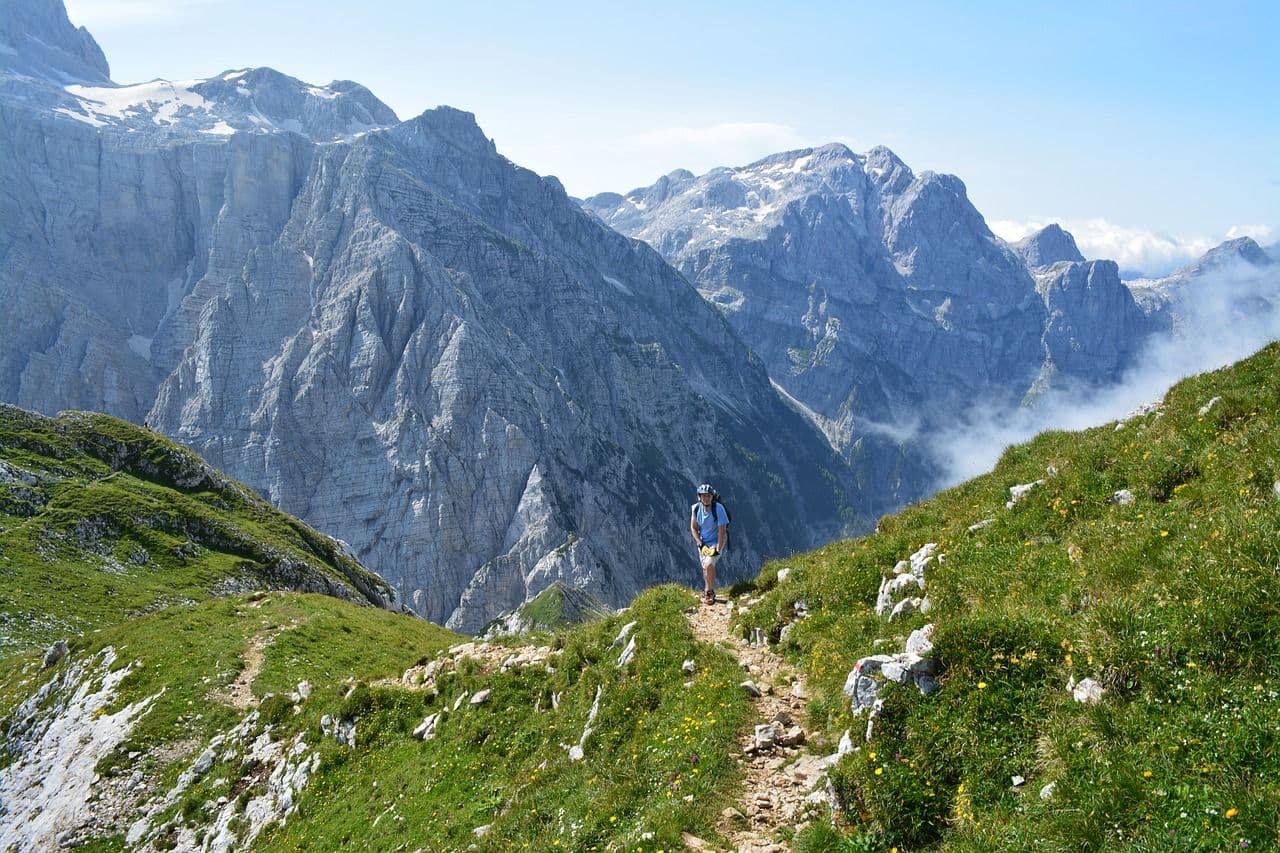
Exploring the World: Cultural and Environmental Awareness Through Trekking
Discuss the cultural immersion and environmental awareness gained from trekking in different regions, highlighting how this activity promotes appreciation for diverse landscapes and ecosystems
Exploring the World: Cultural and Environmental Awareness Through Trekking
Trekking isn't just about traversing landscapes; it's a gateway to cultural immersion and environmental appreciation. Beyond the physical benefits, trekking offers a unique opportunity to connect with diverse cultures, explore ecosystems, and foster a deeper understanding of our planet. In this blog post, we'll delve into how trekking promotes cultural awareness, environmental stewardship, and a profound appreciation for the world around us.
Cultural Immersion and Local Communities
One of the most enriching aspects of trekking is its ability to connect travelers with local communities and indigenous cultures. Trekking routes often pass through remote villages, allowing trekkers to interact with residents, learn about their traditions, and experience authentic hospitality. These encounters offer insights into different ways of life, traditions, and histories, fostering cultural exchange and mutual respect. By engaging with local communities along trekking routes, trekkers gain a deeper appreciation for cultural diversity and the interconnectedness of global societies.

Preserving Natural Landscapes and Biodiversity
Trekking takes travelers through some of the world's most pristine and fragile ecosystems, from lush rainforests to rugged mountain ranges. As trekkers traverse these landscapes, they witness firsthand the importance of environmental conservation and sustainable practices. Many trekking routes are located within protected areas or designated national parks, highlighting the need to preserve biodiversity and natural habitats. By promoting responsible tourism practices, such as minimizing waste and respecting wildlife habitats, trekkers contribute to the preservation of these invaluable natural resources for future generations.
Education and Environmental Awareness
Trekking serves as a powerful educational tool, offering opportunities to learn about local flora, fauna, and geology. Guided trekking tours often include informative sessions on ecological principles, conservation efforts, and the environmental challenges facing the region. Trekkers gain a deeper understanding of the interconnectedness between ecosystems and human activities, fostering a sense of environmental responsibility and advocacy. This firsthand knowledge inspires trekkers to become ambassadors for environmental stewardship, advocating for sustainable practices both at home and abroad.
Personal Growth and Global Perspective
Beyond cultural and environmental awareness, trekking promotes personal growth and a broader global perspective. Trekking challenges individuals physically and mentally, encouraging self-discovery, resilience, and adaptability. The experience of navigating unfamiliar terrain and overcoming obstacles fosters confidence and a sense of accomplishment. Moreover, trekking fosters a deeper connection to nature and a heightened appreciation for the Earth's beauty and fragility, inspiring trekkers to become advocates for environmental conservation and global citizenship.
Tips for Culturally and Environmentally Responsible Trekking
To maximize the cultural and environmental benefits of trekking, consider the following tips:
- Respect Local Customs: Learn about and respect cultural norms, traditions, and etiquette when interacting with local communities.
- Leave No Trace: Practice Leave No Trace principles by minimizing your impact on the environment, packing out waste, and leaving natural spaces as you found them.
- Support Local Economies: Purchase goods and services from local vendors and guides to contribute positively to the local economy.
- Educate Yourself: Research the history, ecology, and conservation status of the trekking area beforehand to enhance your understanding and appreciation.
- Travel Responsibly: Choose trekking operators and tour companies that prioritize environmental sustainability and cultural sensitivity in their practices.
Conclusion
Trekking is more than a recreational activity; it's a transformative journey that fosters cultural understanding, environmental awareness, and personal growth. By exploring the world on foot, trekkers gain invaluable insights into diverse cultures, ecosystems, and conservation challenges. Embrace the opportunity to tread lightly, learn deeply, and cultivate a profound connection to our planet's natural and cultural heritage through the enriching experience of trekking.
This blog post aims to inspire trekkers to embark on journeys that not only challenge them physically but also enrich their understanding of global cultures and ecosystems.

